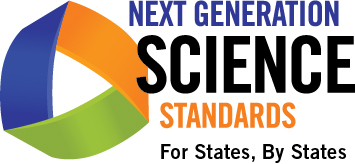Delaware joins six other lead states, California, Kansas, Kentucky, Maryland, Rhode Island, and Vermont, in formally approving the NGSS. Each is working with educators to develop a multi-year implementation strategy to provide teachers with the training and resources needed to successfully introduce the standards in classrooms.
Slow and Steady Implementation
 Education officials in the adopting states are advocating moving slowly to implement the NGSS. A number of state officials were interviewed by Education Week earlier this year.
Education officials in the adopting states are advocating moving slowly to implement the NGSS. A number of state officials were interviewed by Education Week earlier this year.
“I don’t think of a light switch,” said Peter McLaren, a science and technology specialist at the Rhode Island education department. “I think of a dimmer. The lights will come up slowly, become brighter and brighter.”
“I’ve cautioned, this is an opportunity to think carefully about your system of science education in your district and what needs to be revised, a three- to four-year implementation plan to do this slowly and carefully.” said Matt Krehbiel, a science education consultant for Kansas.
- California initially plans to implement during the 2014-2015 school year at the earliest.
- Kansas is also on a gradual four-year path toward implementation.
- Kentucky intends to begin K-12 implementation in 2014-2015
- Maryland’s preliminary plans for implementation do not fully introduce the standards until 2017-2018.
- Rhode Island’s initial four-year implementation plans moves from awareness and understanding, to curriculum shifts, to instructional shifts, to assessment systems.
- Vermont is in the process of establishing an advisory team to liaise with the state’s implementation team and communicate about the NGSS to stakeholders. Regional training meetings will continue through 2014.
States should “have the courage to be patient,” senior vice president Stephen Pruitt told Education Week. “They shouldn’t be rushing to implement the standards. They should do it in their time, and when they’re ready.”
What is crucial, said Pruitt, is for states and districts to “have this opportunity to build some capacity and build the right infrastructure for success.”
This information was provided by the Next Generation Science Standards for Today’s Students and Tomorrow’s Workforce. The NGSS are based on the Framework for K-12 Science Education developed by the National Research Council. For more information, please visit our website at www.nextgenscience.org.
